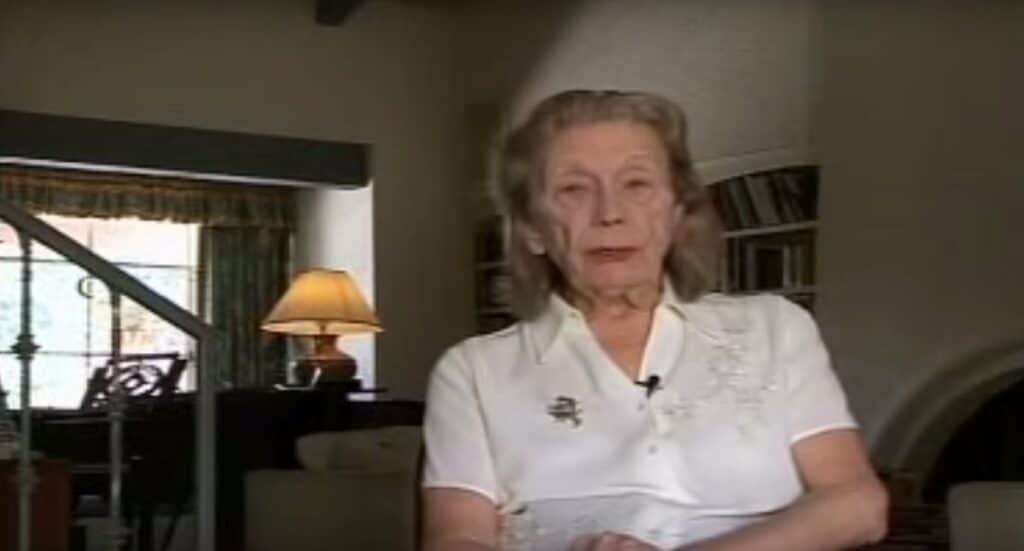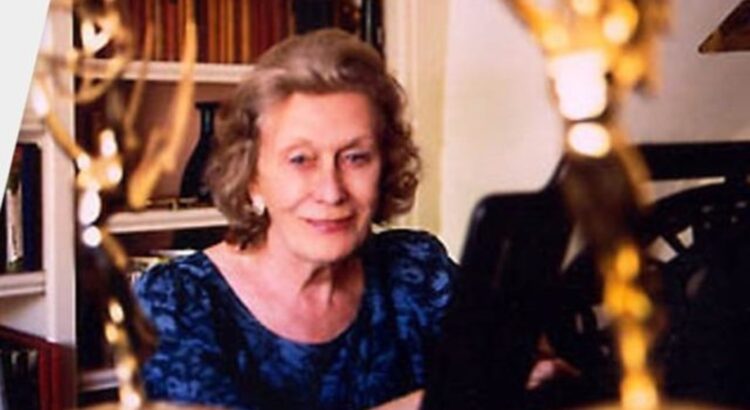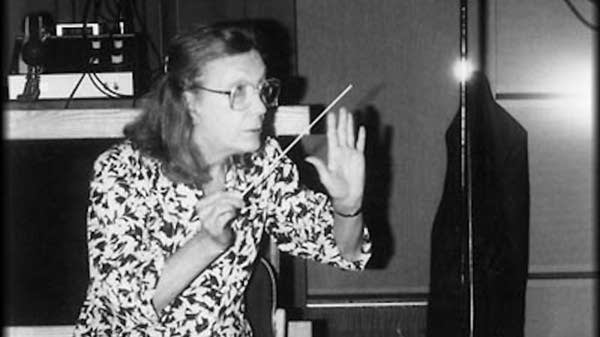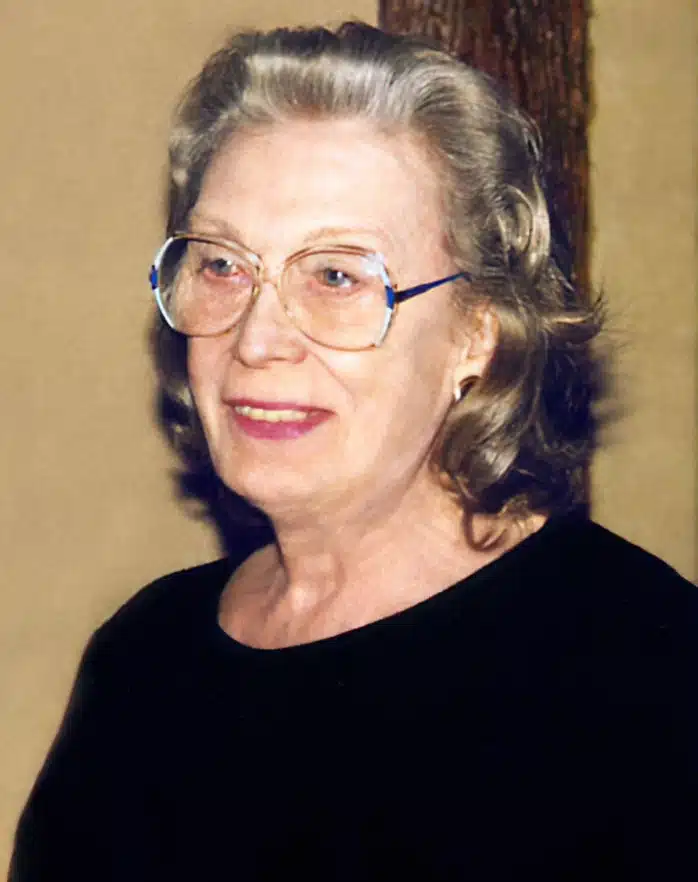Have you ever wondered about the creative minds behind the legendary Star Wars soundtrack? While John Williams is a household name, there’s another unsung hero who played a pivotal role in bringing the galaxy far, far away to life through music. Meet Angela Morley, a transgender pioneer who broke barriers and orchestrated some of the most iconic scores in cinematic history. Let’s dive into her remarkable journey and explore how she left an indelible mark on the world of music and film.
Early Life and Career
Angela Morley was born Walter Stott in Leeds, England, in 1924. From an early age, Morley showed a prodigious talent for music, quickly mastering the clarinet and saxophone. Her career began in the 1950s when she became known as Wally Stott. During this time, she made significant contributions to British radio and television, composing music for popular shows like “The Goon Show.”
Morley’s early work extended to arranging hits for renowned artists such as Shirley Bassey and Dusty Springfield. She was also the music director for the British section of Philips Records, where she arranged and conducted for numerous hit singles. These formative years honed her skills and set the stage for her future successes.
Transition and Personal Life

In 1970, Morley took a two-year hiatus from her career to undergo gender transition. This period was marked by profound personal changes, culminating in her public emergence as Angela Morley in 1972. Transitioning in the public eye during a less enlightened era came with its challenges, yet Morley persevered with the support of her second wife, Christine Parker.
Despite initial apprehensions about how the music industry would react, Morley resumed her career with renewed vigor. Her talent transcended any societal prejudices, allowing her to continue working with many of her previous collaborators and take on new, high-profile projects.
Major Contributions and Achievements
Star Wars
Angela Morley’s association with the Star Wars franchise is one of her most celebrated achievements. Working closely with John Williams, Morley was instrumental in orchestrating the iconic scores for “A New Hope” and “The Empire Strikes Back.” Her meticulous attention to detail and profound understanding of orchestration helped bring Williams’ compositions to life, enhancing the emotional depth and grandeur of the films.
One of her most notable contributions was the orchestration of the scene where Luke Skywalker descends into the Death Star trench, guided by the voice of Obi-Wan Kenobi saying, “Use the Force, Luke.” This moment, etched in the memories of Star Wars fans, showcases Morley’s ability to elevate cinematic storytelling through music.
Other Notable Works
Beyond Star Wars, Morley’s career in Hollywood was illustrious. She collaborated on scores for numerous major films, including “Superman,” “E.T. the Extra-Terrestrial,” “Home Alone,” and “Schindler’s List.” Although much of her work went uncredited, her influence is undeniable.
Morley also earned two Academy Award nominations for her work on “The Little Prince” (1974) and “The Slipper and the Rose” (1976), making her the first openly transgender person to receive such recognition. Additionally, she won three Emmy Awards for her contributions to television series like “Dallas” and “Wonder Woman.”
Legacy and Impact
Angela Morley’s legacy is a testament to her extraordinary talent and resilience. She broke barriers as one of the first openly transgender individuals in the music industry, paving the way for future generations of transgender artists. Her ability to seamlessly blend whimsical and melancholic tones in her scores has left a lasting impact on film music.
Morley’s contributions to the arts were recognized posthumously with accolades and tributes, including a blue plaque at her birthplace in Leeds. Her life and work continue to inspire and encourage musicians and the LGBTQ+ community, underscoring the importance of diversity and inclusion in the creative industries.
FAQs
Who is Angela Morley? Angela Morley was a renowned English composer, conductor, and arranger. Born Walter Stott, she transitioned in 1972 and became one of the first openly transgender individuals in the music industry. She is best known for her work on the Star Wars original trilogy.
What did Angela Morley do for Star Wars? Angela Morley worked as an orchestrator for John Williams on the Star Wars original trilogy, contributing to the iconic scores of “A New Hope” and “The Empire Strikes Back.” Her work included orchestrating key scenes, enhancing the emotional impact of the music.
What other films did Angela Morley work on? In addition to Star Wars, Angela Morley worked on several major films, including “Superman,” “E.T. the Extra-Terrestrial,” “Home Alone,” and “Schindler’s List.” She also earned two Academy Award nominations for “The Little Prince” and “The Slipper and the Rose.”
How did Angela Morley impact the music industry? Angela Morley was a trailblazer in the music industry, breaking barriers as an openly transgender composer and conductor. Her work influenced numerous films and television shows, and her legacy continues to inspire musicians and the LGBTQ+ community.
What awards did Angela Morley win? Angela Morley won three Emmy Awards for her work on television series like “Dallas” and “Wonder Woman.” She was also nominated for two Academy Awards for her contributions to “The Little Prince” and “The Slipper and the Rose.”
Conclusion
Angela Morley’s life and career are a testament to her extraordinary talent, resilience, and pioneering spirit. As an orchestrator behind some of the most iconic scores in cinematic history, she played a crucial role in shaping the soundscapes of beloved films like Star Wars. Her legacy continues to inspire and pave the way for future generations of musicians, particularly within the LGBTQ+ community. Angela Morley’s story is one of triumph over adversity, and her contributions to the arts will be remembered and celebrated for years to come.







